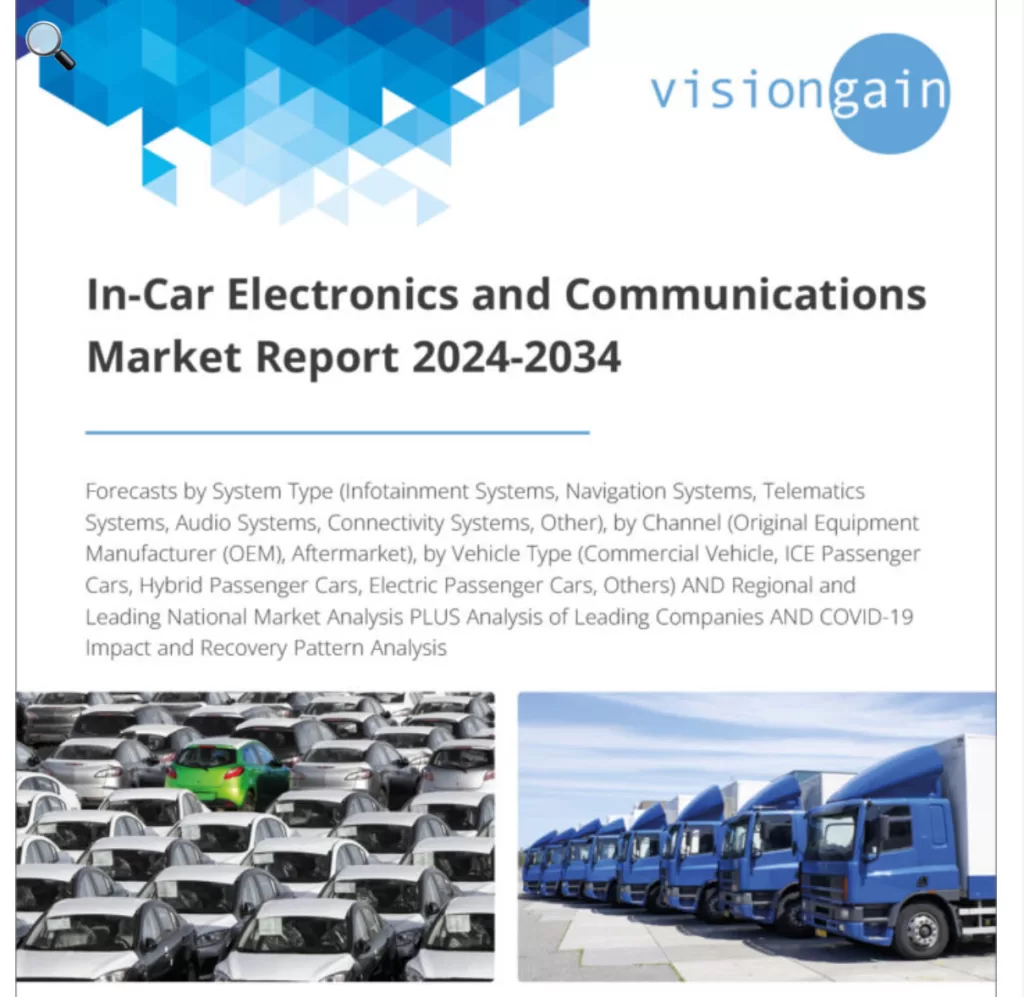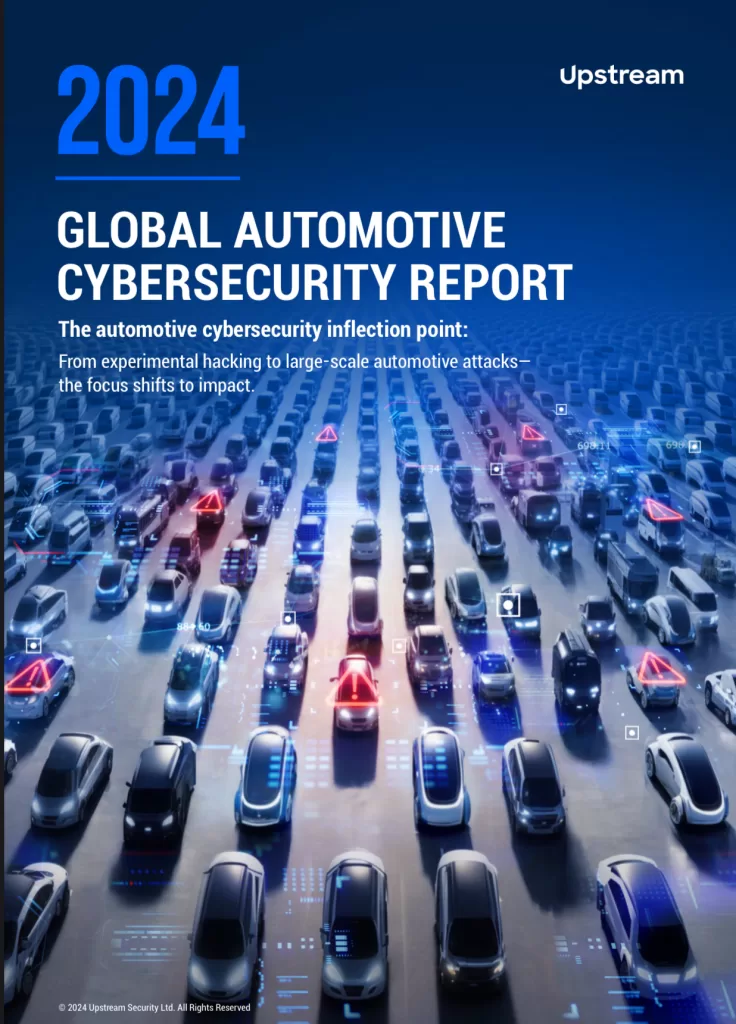The automotive cybersecurity market is on track to expand at a compound annual growth rate (CAGR) of 5.9% by 2034, according to Visiongain’s latest report, Automotive Cyber Security Market Report 2024-2034. This growth trajectory underscores the increasing emphasis on robust cybersecurity measures within the automotive industry, driven by a combination of stringent regulations and the escalating frequency of sophisticated cyber-attacks targeting vehicles.

Regulations Driving Market Growth
Regulatory bodies worldwide are enforcing stringent cybersecurity and data protection standards for vehicles, significantly propelling market growth. Mandates such as ISO/SAE 21434 and UNECE WP.29 require automotive manufacturers to implement comprehensive cybersecurity measures throughout the vehicle development lifecycle. These standards emphasize risk assessment, threat modeling, secure development practices, and incident response protocols. Compliance with these regulations is crucial not only for the safety and security of vehicles and their occupants but also for maintaining consumer trust in automotive brands. Failure to adhere to these standards can result in severe consequences, including hefty fines, damage to brand reputation, and legal liabilities.
ISO/SAE 21434, in particular, plays a pivotal role by providing a structured approach for managing cybersecurity risks throughout a vehicle’s lifecycle. As connectivity and automation in vehicles increase, the need for robust cybersecurity measures becomes even more critical. These regulations ensure that vehicles are equipped to protect against cyber threats, thereby safeguarding sensitive data and enhancing overall vehicle security.
Escalating Cyber Threats
The Visiongain report highlights that the growing frequency and sophistication of cyber-attacks on vehicles are significant drivers for the automotive cybersecurity market. The 2024 Global Automotive Cybersecurity Report by Upstream Security corroborates this, noting a dramatic shift in the scale and impact of cybersecurity attacks in the automotive sector. In 2023 alone, 95% of attacks were remote, with 64% executed by black hat actors. This shift has increased the urgency for automotive manufacturers to adopt multifaceted cybersecurity solutions.

Among the various types of cyber-attacks, phishing attacks pose a persistent threat by exploiting human vulnerabilities to access critical systems. A successful phishing attack can grant hackers control over central servers managing autonomous vehicles, underscoring the need for comprehensive cybersecurity training and awareness programs within automotive organizations.
Future Outlook
Generative AI (GenAI) is poised to revolutionize both attack and defense mechanisms in automotive cybersecurity. While threat actors leverage GenAI to standardize and scale their tactics, automotive cybersecurity solutions are also evolving to utilize AI for improved threat detection, agile investigations, and automated response workflows.
The combined insights from Visiongain and Upstream Security highlight the dynamic and rapidly evolving landscape of automotive cybersecurity. As the industry advances, stringent regulations and sophisticated cybersecurity measures become increasingly important to ensure the protection of vehicles, data, and consumer trust.
Other News: Argus Cyber Security Launches Detroit Lab to Bolster Automotive Cyber Defense(Opens in a new browser tab).